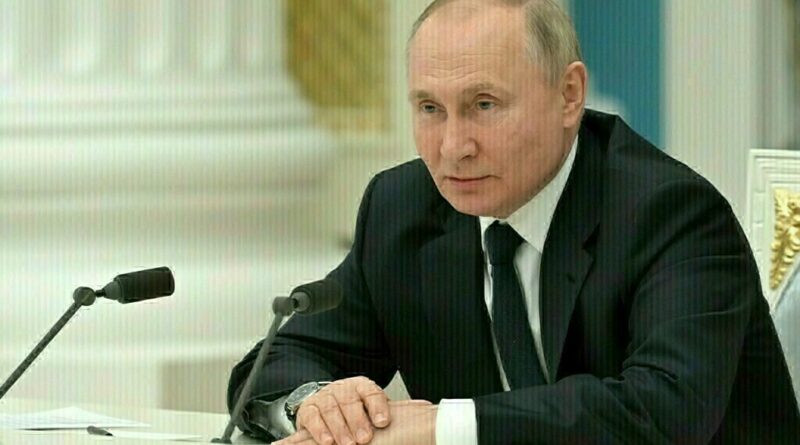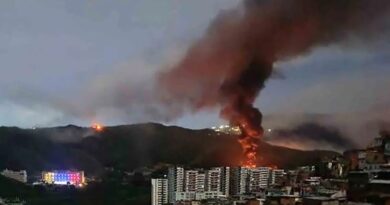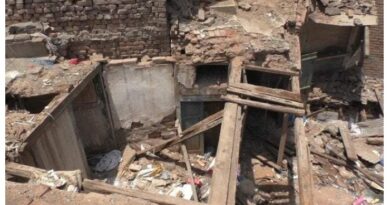Putin eyes peacemaking role in Israel-Iran air war
WARSAW: Vladimir Putin is eyeing the conflict between Israel and Iran as an opportunity to thrust himself to the forefront of the international stage, more than three years into his invasion of Ukraine.
The Russian president has pitched himself as a possible mediator – though Moscow’s closeness to Iran and Russia’s invasion of Ukraine raise doubts about what kind of role he can play, experts say.
The assault on Ukraine and the war in Gaza have strained Moscow’s traditionally good relations with Israel, home to a large Russian-born community.
At the same time, Russia has deepened military ties with Iran.
But while Moscow was quick to condemn Israel’s strikes on Iran last Friday, Putin also wasted little time phoning both Israeli Prime Minister Benjamin Netanyahu and Iranian President Masoud Pezeshkian to offer his role as a peacemaker.
“By positioning itself as an indispensable intermediary, Moscow aims to reassert diplomatic relevance despite its pariah status in Europe,” said Nicole Grajewski, an analyst at the Carnegie Endowment for International Peace.
It also wants to protect its ally Tehran, facing a potentially existential military clash.
“Russia does not want to see regime change in Iran, especially if it results in a pro-Western government,” she added.
Moscow and Tehran in January inked a far-ranging strategic partnership agreement to broaden military ties, and Kyiv and its allies have long accused Iran of supplying Russia with drones and short-range missiles.
Russia is also seeking to regain influence in the Middle East following the fall of ally Bashar al-Assad in Syria.
“The regime change in Syria caused it to lose ground,” said Tatiana Kastoueva-Jean of the French Institute of International Relations. Russia has previously used the region to boost its international standing.
After being hit with sanctions for the annexation of Crimea, Russia “emerged from international isolation” by “becoming indispensable in the region,” Kastoueva-Jean said.
Specifically, by backing Assad in the Syrian civil war and supporting the 2015 Iranian nuclear deal.
However, Moscow’s much closer alliance with Tehran this time around could disqualify it from playing the role of trusted mediator.
“Since Russia is seen as Iran’s ally, and they have a strategic partnership agreement, such mediation would not inspire confidence in Europe. Nor in Israel,” Russian political analyst Konstantin Kalachev told AFP.




